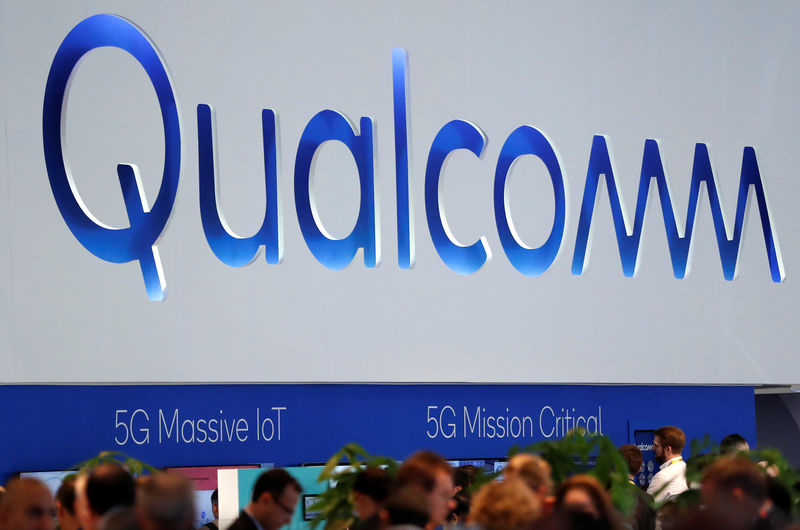ARM Stocks Decline Despite Meeting Revenue Forecasts
Chip designer Arm Holdings announced on Wednesday that its revenue forecast aligns with Wall Street expectations, leading to a 4.5% drop in its stock price. Analysts suggest that this decline stems from stronger performance expectations, especially given the recent excitement surrounding artificial intelligence (AI) computing.
Despite the stock price more than doubling since its public offering on September 14, 2023, Arm's projections have not fully met the high bar set by AI chip design companies like AMD and Nvidia.
Bob O'Donnell, president and chief analyst at TECHnalysis Research, commented on the situation: "Arm has done a good job of associating themselves with these AI semiconductor trends, and the challenge is that they have created expectations that are not yet fully met because of that. They are still a few steps away from the ultimate chips."
Arm expects revenue for the current fiscal third quarter to be between $920 million and $970 million; the midpoint of $945 million closely aligns with the average analyst estimate of $944.3 million. The company also anticipates earnings per share for the third quarter to be between 32 and 36 cents, while analysts had projected a profit of 34 cents per share.
Arm's revenue comes from licensing fees for chip designs and royalties on each chip sold that incorporates its technology. The company is in the process of launching its v9 architecture, which is expected to lead to higher royalty payments. Arm's designs are widely used in smartphones worldwide, and the company is attempting to penetrate data centers and other markets.
CEO Rene Haas expressed confidence in the company's strategy: "This quarter is about validating the strategies we've discussed. We have some real proof points." He also noted that Arm has doubled the number of pre-designed license agreements this fiscal year and signed its first smartphone chip customer for ready-made plans, a strategy previously used with server chip designers.
Arm's second-quarter revenue reached $844 million, a 5% increase, surpassing analyst estimates of $808.4 million. Adjusted earnings per share were reported at 30 cents, exceeding the expected 26 cents. Apple's latest iPhone 16 series featuring v9 technology accounted for 25% of Arm's fiscal second-quarter revenue.
Haas also pointed out the growth potential in the mobile sector, including with Apple, and mentioned that v9 technology deals are structured to allow for price increases over time, which is vital for the company's long-term growth.
The company's shares have risen due to investor optimism regarding its role in the AI boom. Arm's stock was recently trading at roughly 70 times expected earnings, contrasting with Nvidia's 33 times earnings ratio.
Additionally, Arm's technology is expected to be included in Nvidia's upcoming Blackwell AI hardware. Meanwhile, another mobile chip designer using Arm technology, Qualcomm, experienced an 11% jump in its shares after reporting better-than-expected guidance following the close of trading on Wednesday. Qualcomm and Arm are currently involved in a licensing dispute that will go to court in December.


